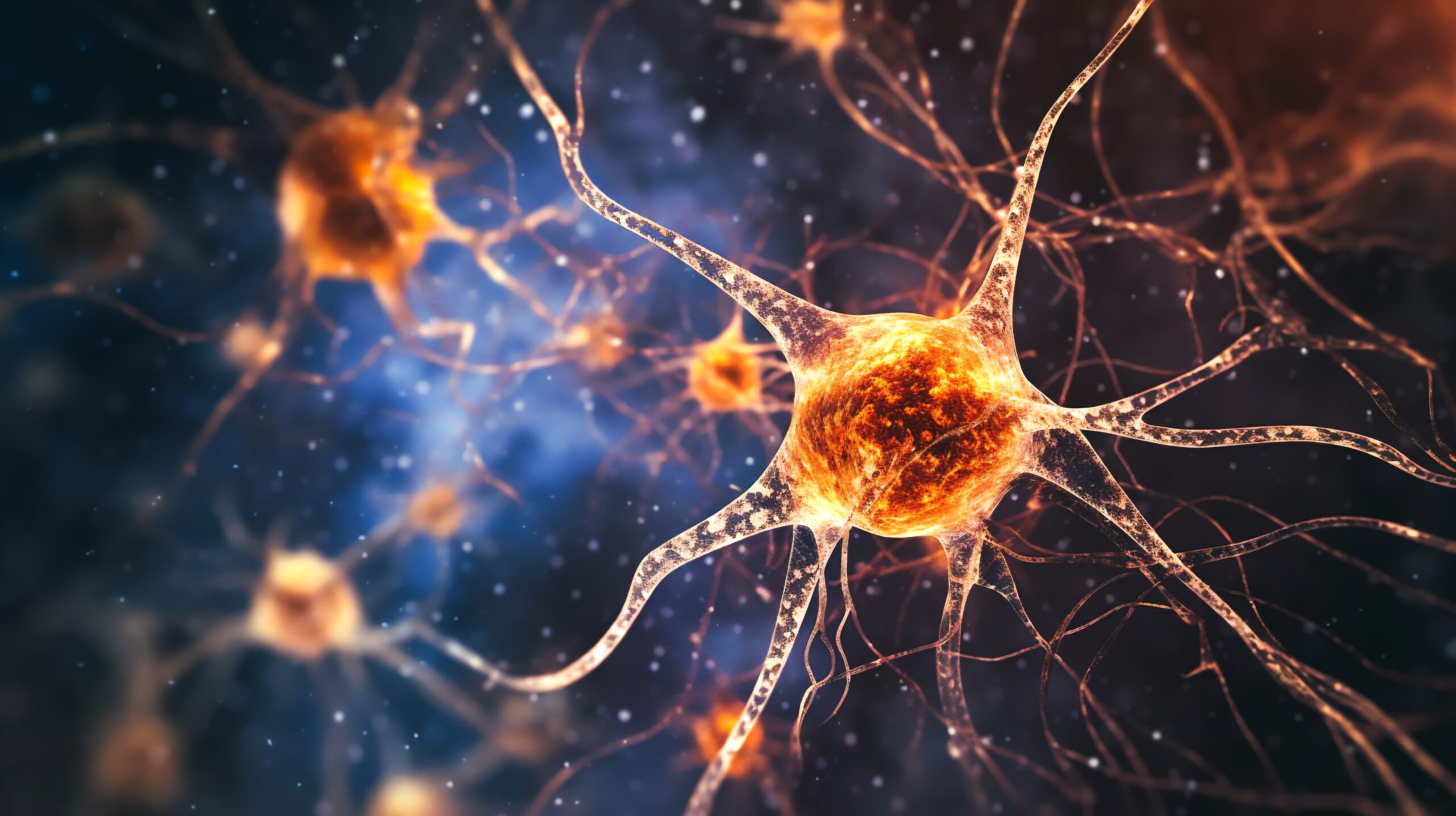Chronic pain is an unwelcome companion for many and can be an exhausting and debilitating condition. Ketamine treatment works to block and reset pain channels. Many people have found pain relief with ketamine after little to no success with other treatments and doctors. Ketamine has been shown to be especially effective in treating Complex-Regional Pain Syndrome (CRPS).


Pain often originates in the periphery of the body, but its signals are transmitted and magnified through a complex network of receptors and neural pathways. At the heart of this pain amplification process lies the NMDA receptor, a crucial player in the transmission and modulation of pain signals. Ketamine treatments for pain work by blocking NMDA receptors
During ketamine infusion therapy the brain undergoes a remarkable “reboot” process, which can ultimately lead to the cessation of interpreting peripheral stimulation as pain. This provides the opportunity for pain networks to be rewired as you’re able to engage more in life. Ketamine therapy holds the potential to unlock the doors to a full and active life, providing sustained pain relief that may have seemed unattainable.
Ketamine therapy has shown promising results as a potential treatment for fibromyalgia. Here are some of the benefits associated with ketamine therapy in managing fibromyalgia symptoms:
One of the primary benefits of ketamine therapy in fibromyalgia is its ability to provide significant pain relief. Ketamine works by blocking certain receptors in the brain and reducing the perception of pain. Studies have shown that ketamine infusion therapy can lead to a reduction in fibromyalgia pain intensity and duration.
Fibromyalgia is often accompanied by depression, anxiety, and other mood disorders. Ketamine has been found to have rapid-acting antidepressant effects, providing relief from depressive symptoms. It can also help in reducing anxiety and improving overall mental well-being in individuals with fibromyalgia.
Sleep disturbances are common among individuals with fibromyalgia, leading to increased fatigue and worsening of symptoms. Ketamine therapy has shown potential in improving sleep quality, allowing individuals to experience more restful and rejuvenating sleep
Ketamine’s mechanism of action involves modulating the NMDA receptors in the brain, which play a crucial role in neuroplasticity. Neuroplasticity refers to the brain’s ability to adapt and reorganize itself. By enhancing neuroplasticity, ketamine therapy may help rewire the brain’s pain pathways, reducing the hypersensitivity to pain experienced in fibromyalgia.
Many individuals with fibromyalgia rely on a combination of medications to manage their symptoms. Ketamine therapy can potentially reduce the need for long-term use of pain medications, such as opioids and nonsteroidal anti-inflammatory drugs (NSAIDs). This is particularly beneficial as long-term use of these medications may lead to undesirable side effects and dependency.
To have a Quest representative call you for up to 15 minutes of Q&A to discuss whether ketamine treatment is right for you.
If you want to contact us directly, email us at info@questketamineclinics.com, call us at (425) 654-5433 , or text us at (206) 589-5958. Please leave your name, contact information, and the best time(s) to reach you, and we will get back to you then.




We use cookies to optimize the experience of this website